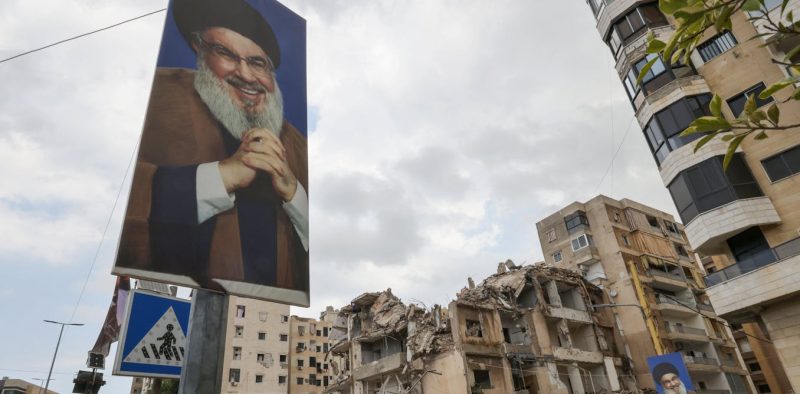
The fragile ceasefire between Israel and Hezbollah, shattered by recent Israeli airstrikes, casts a long shadow over Lebanon’s hopes for recovery. Just five months after a devastating war that claimed thousands of lives and billions of dollars in economic damage, the escalating tensions threaten to derail the painstaking efforts to disarm Hezbollah, a key condition for lasting peace outlined in UN Resolution 1701. The recent attacks, ostensibly targeting Hezbollah infrastructure, highlight the precariousness of the situation and the complex web of regional dynamics at play.
The road to a ceasefire was long and arduous. Following Hezbollah’s declaration of solidarity with Hamas in October 2023, a series of tit-for-tat attacks escalated into a full-blown war, culminating in Israel’s sixth invasion of Lebanon since 1978. The resulting devastation left Lebanon reeling, with a staggering loss of life, widespread displacement, and an estimated US$14 billion in economic damage. While a ceasefire was eventually brokered by the US and France in November 2024, based on UN Resolution 1701, Israel’s continued occupation of Lebanese territory and its ongoing air strikes challenge the very foundation of that agreement. This casts doubt on Israel’s commitment to the terms of the ceasefire and the possibility of a lasting peace.
The task of disarming Hezbollah is further complicated by Lebanon’s deeply entrenched sectarian political system, a legacy of decades of conflict and instability. Hezbollah, emerging as a powerful force during the Lebanese Civil War, has long been a key player in Lebanese politics, often acting as a counterweight to the Lebanese state. The Taif Agreement, which ended the civil war in 1989, formally acknowledged Hezbollah’s role in resisting Israeli occupation. This uneasy coexistence has been punctuated by periods of violence, including assassinations of prominent figures. Recently, Hezbollah’s influence has been felt in Lebanon’s political paralysis, as the group repeatedly blocked presidential candidates, creating a two-year vacuum before the election of Joseph Aoun in January 2025.
President Aoun’s election marked a significant shift. Unlike his predecessors, he has not endorsed Hezbollah as a legitimate resistance movement and has openly declared his intention to disarm the group and fully implement UN Resolution 1701. The Lebanese army has made notable progress in dismantling Hezbollah’s infrastructure, but Hezbollah’s leadership vehemently rejects calls to disarm, arguing that only they can guarantee Lebanon’s security against Israel. This stance is further reinforced by Israel’s continued violations of the ceasefire, fueling Hezbollah’s narrative of self-defense.
The international community, particularly the US and Qatar, views Hezbollah’s disarmament as a prerequisite for both peace and the provision of much-needed international aid to Lebanon. This puts President Aoun in a difficult position, balancing the need for international assistance with the delicate domestic political landscape. The situation is further complicated by the ongoing instability in neighboring Syria, where the fall of President Bashar al-Assad has triggered a new wave of refugees fleeing into Lebanon and exacerbating existing tensions. The regional dynamics at play, including the potential normalization of relations between Saudi Arabia and Israel and Iran’s shifting foreign policy, will also have a significant impact on Lebanon’s future.
While a return to all-out war seems unlikely for now, the path to a lasting peace remains uncertain. The outcome hinges on a multitude of factors, including the resolution of the Israeli-Palestinian conflict, the evolving regional dynamics, and the ability of Lebanon’s new president to navigate the complex political landscape and disarm Hezbollah while ensuring Lebanon’s security and stability. The road to recovery is long and fraught with challenges, but the pursuit of peace remains a critical priority for Lebanon and the entire region.










